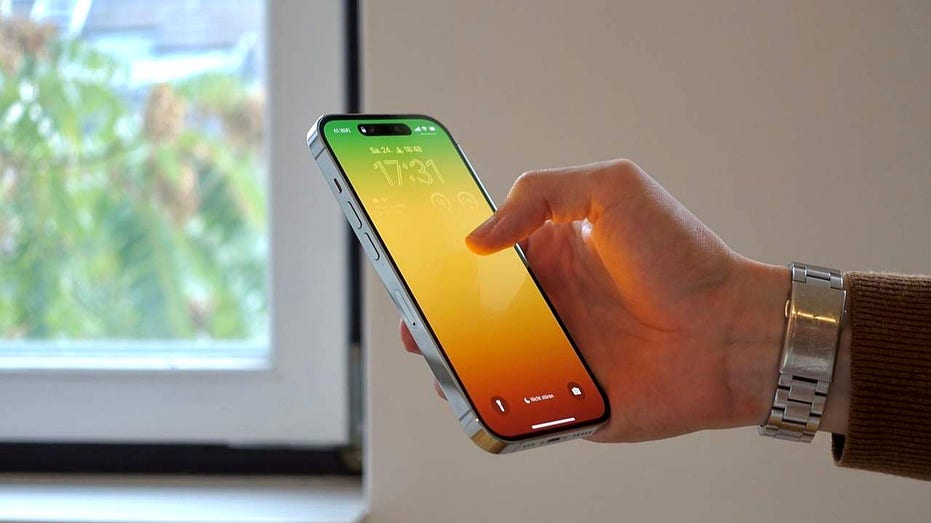Why Apple Users Are Increasingly Targeted by Online Scammers and How to Protect Yourself

Recent research reveals a surprising trend: iPhone users are now more vulnerable to online scams than Android owners. This shift isn’t due to any flaw in Apple devices but stems from user habits and misplaced trust. A comprehensive survey conducted by Malwarebytes, a leading cybersecurity firm, involving 1,300 adults across the US, UK, Austria, Germany, and Switzerland, highlights that many iPhone owners overestimate their device’s security, making them prime targets for cybercriminals.
The Overconfidence Trap Among iPhone Users
The study emphasizes that the real danger isn’t the device itself but the decisions users make online. For years, Apple’s reputation for robust security led many to believe their iPhones offered near-immunity from threats. However, cybercriminals focus less on the device brand and more on exploiting user behavior. Overconfidence and complacency open the door for scams, phishing, and malware attacks. The key takeaway? Staying safe online depends on your choices, not just your hardware.
Practical Steps to Enhance Your Smartphone Security
To avoid falling victim to scams, consider implementing these essential security practices:
-
How Scammers Use Your Data to Target You with Fake ‘Pre-Approved’ Retirement Offers

- Logitech G305 LIGHTSPEED Wireless Gaming Mouse Review: Hero 12K Sensor & 250-Hour Battery Life Tested
-
Harvard Astrophysicist Suggests Interstellar Comet Could Be Alien Technology Due to Its Enormous Size and Mass

- Razer Ornata V3 X Gaming Keyboard Review: Low-Profile Keys & Spill Resistance Tested
- Always scrutinize suspicious messages, links, or offers. If something seems off, pause before clicking or replying. Scammers often create a sense of urgency to pressure you into quick actions.
- Never click on unknown links or scan QR codes from untrusted sources. Instead, visit official websites directly to verify offers or information.
- Use reputable antivirus software to block malicious links and detect phishing attempts before they reach your device. Strong security tools are vital for both iPhone and Android users.
- Keep your iPhone updated with the latest iOS and app updates. Regular updates include critical security patches that protect against emerging threats.
Enhancing Account Security and Privacy
Creating unique passwords for each account and utilizing a trusted password manager can drastically reduce the risk of hacking. Check if your email credentials have been exposed in data breaches using dedicated breach scanners integrated into top password managers. If a breach is detected, promptly change compromised passwords and enable two-factor authentication (2FA) wherever possible. 2FA adds an additional layer of security, requiring a code from your device during login attempts, making unauthorized access much harder.
The Importance of Managing Personal Data
Cybercriminals often exploit personal information gathered from online profiles. Oversharing increases your vulnerability. Professional data removal services can help erase your information from data broker sites and shady lists, reducing targeted scam risks. These services actively monitor and remove personal data from hundreds of sources, making it more difficult for scammers to connect the dots and target you effectively.
Additional Privacy Tips
Use alias email addresses for sign-ups and online offers to limit exposure of your real contact details. Also, avoid sharing your phone number or email publicly, as scammers can use these details for spam or phishing schemes. Activating two-factor authentication across your accounts is one of the most effective ways to secure your digital presence.
Remember, cybersecurity isn’t just about the device — it’s about your habits. Be cautious, skeptical, and proactive to stay one step ahead of scammers. For more resources and expert advice, visit trusted cybersecurity guides and official websites dedicated to online safety, such as the official support pages of your device manufacturer and cybersecurity authorities.
